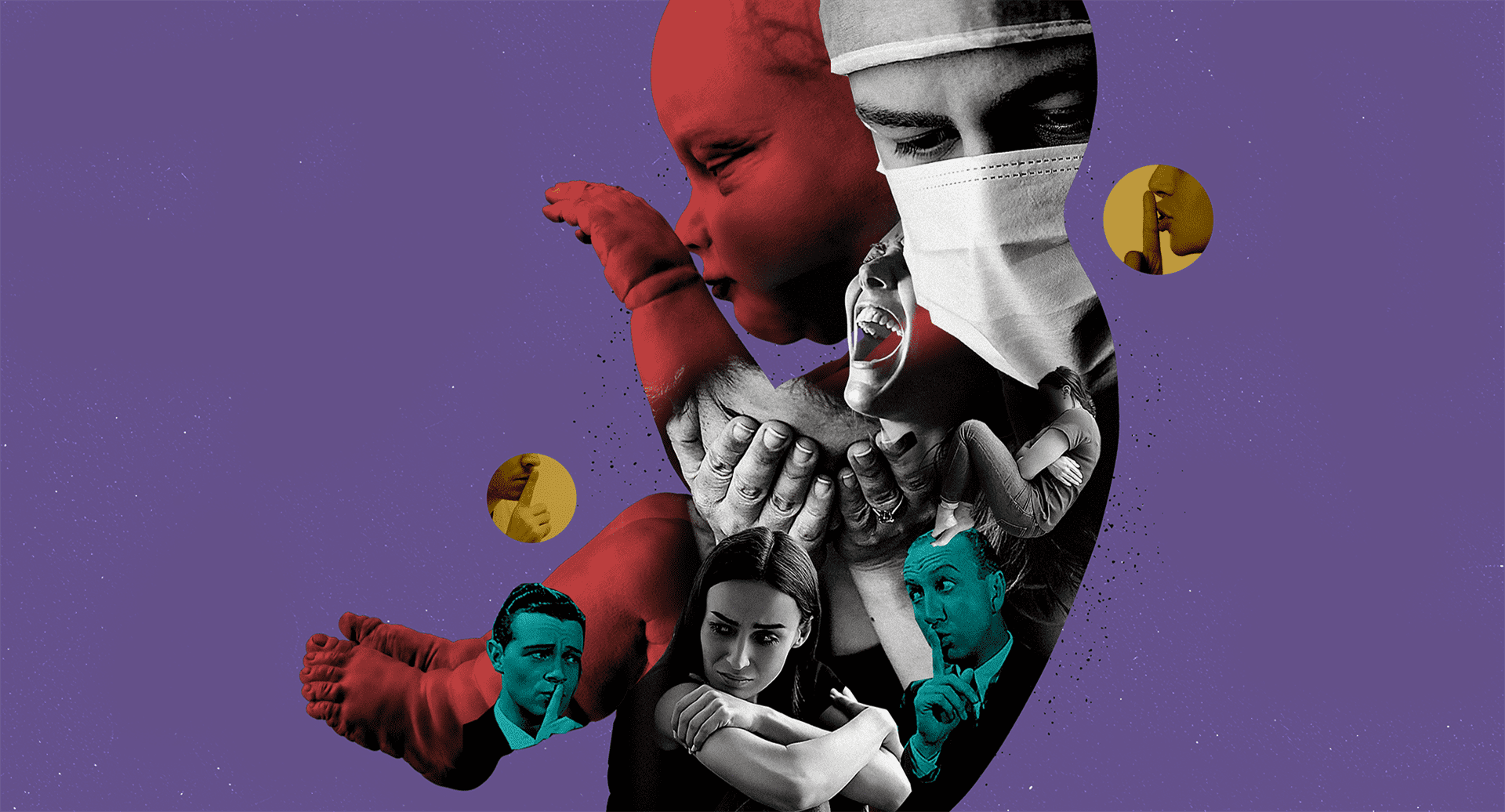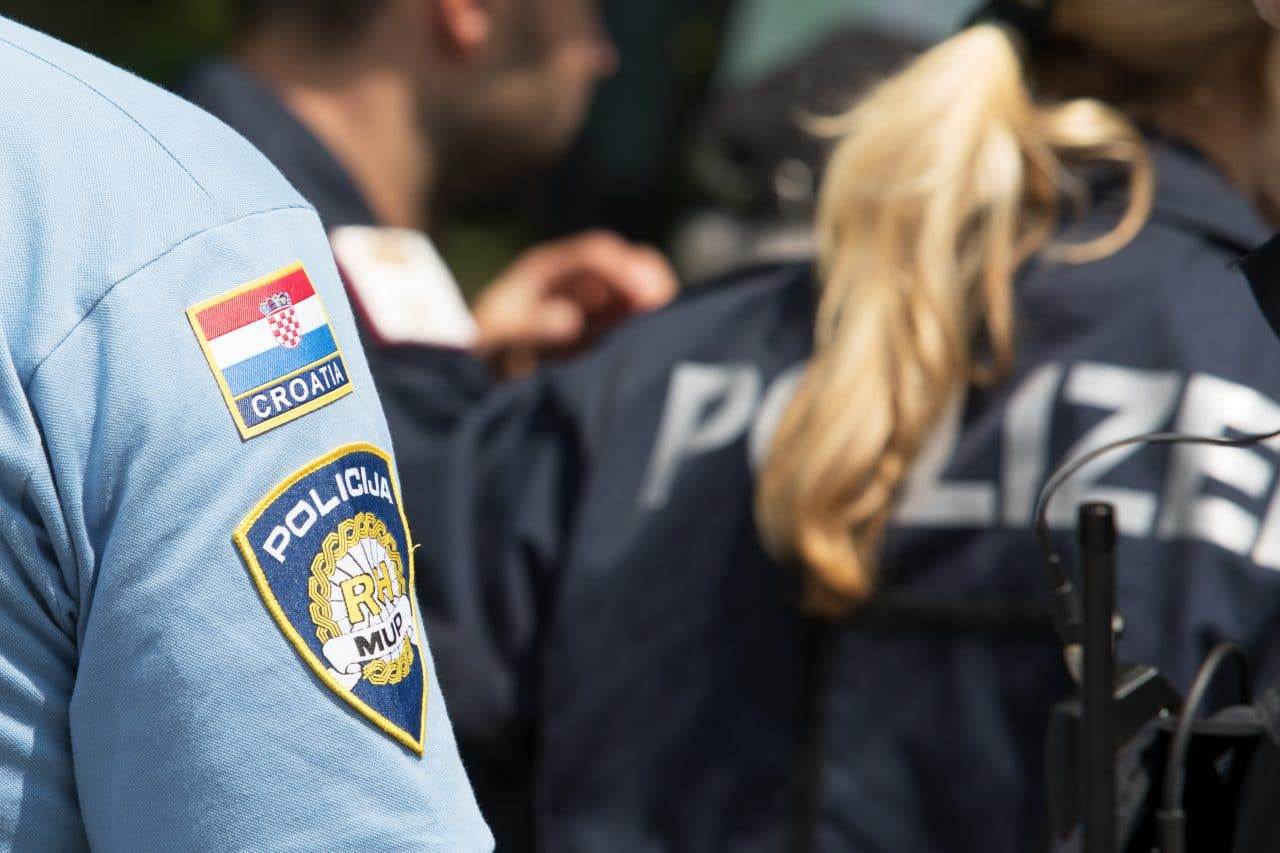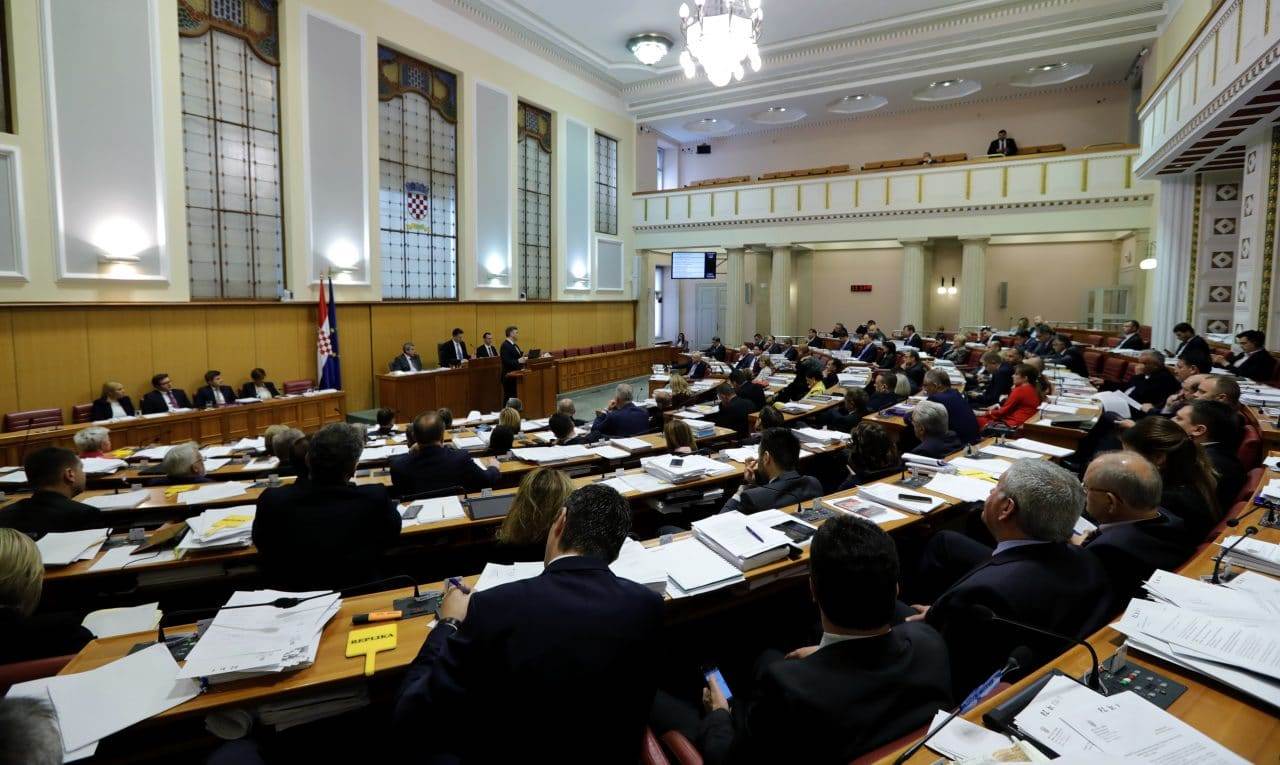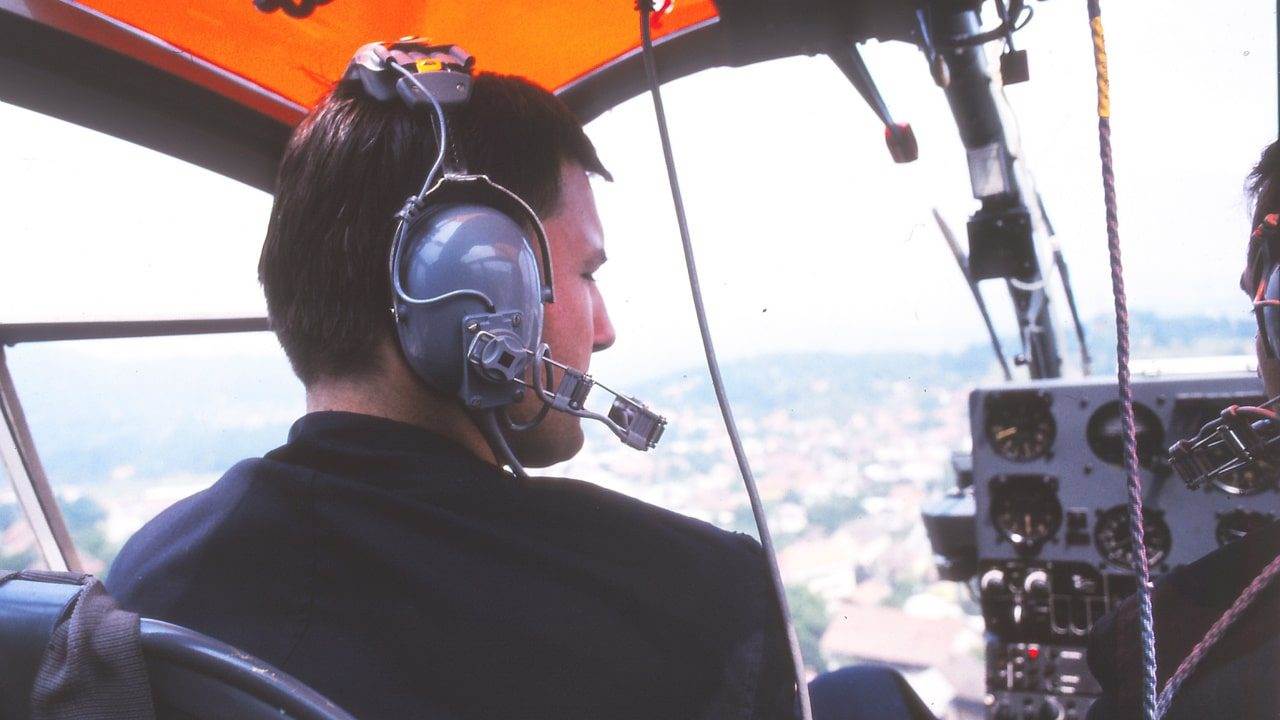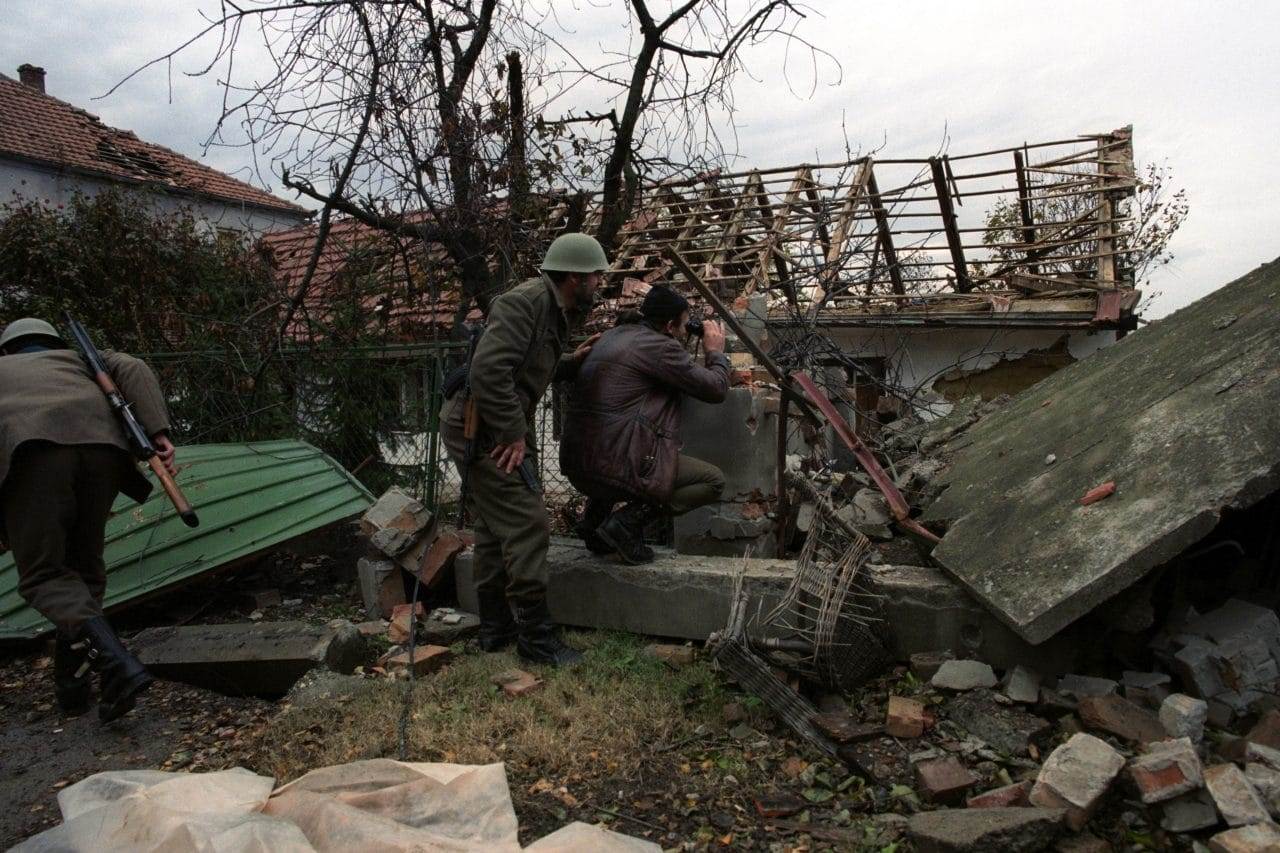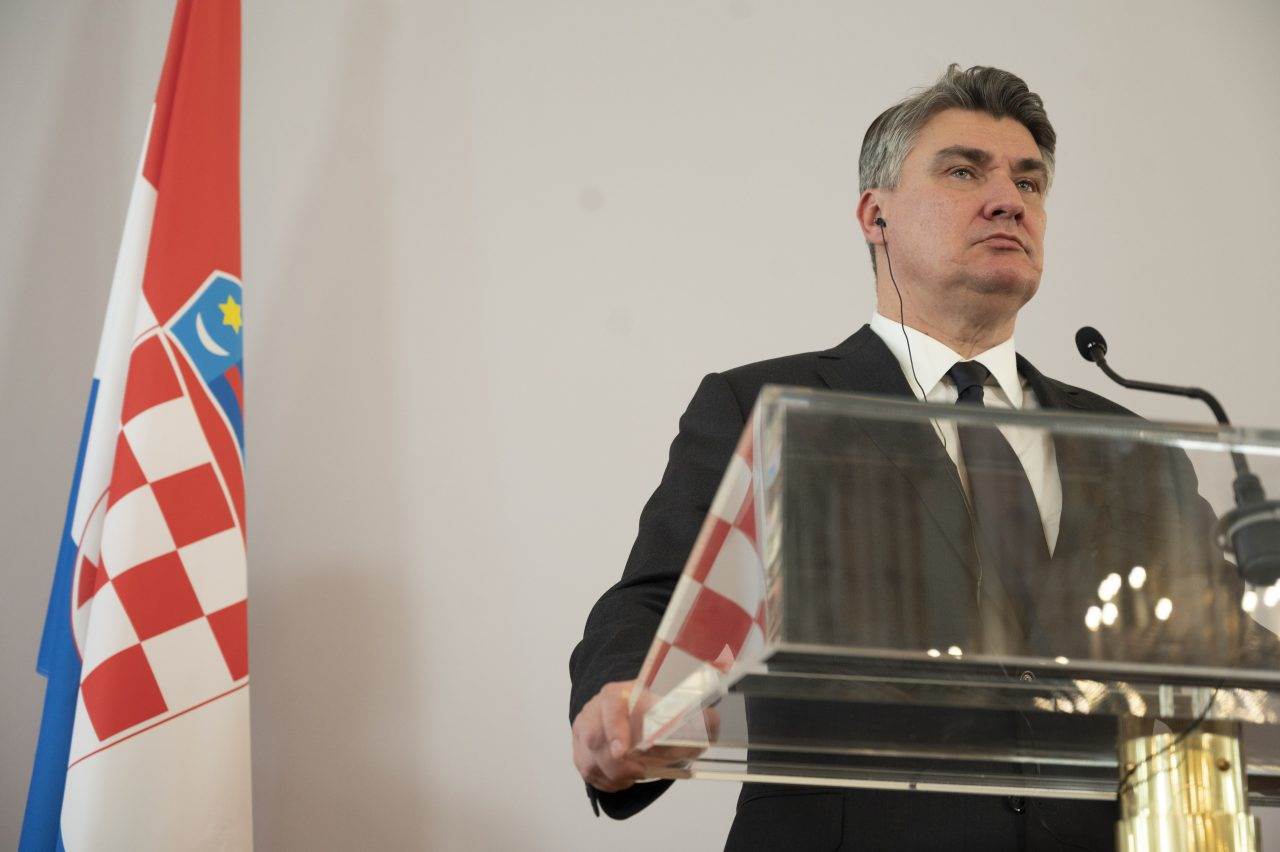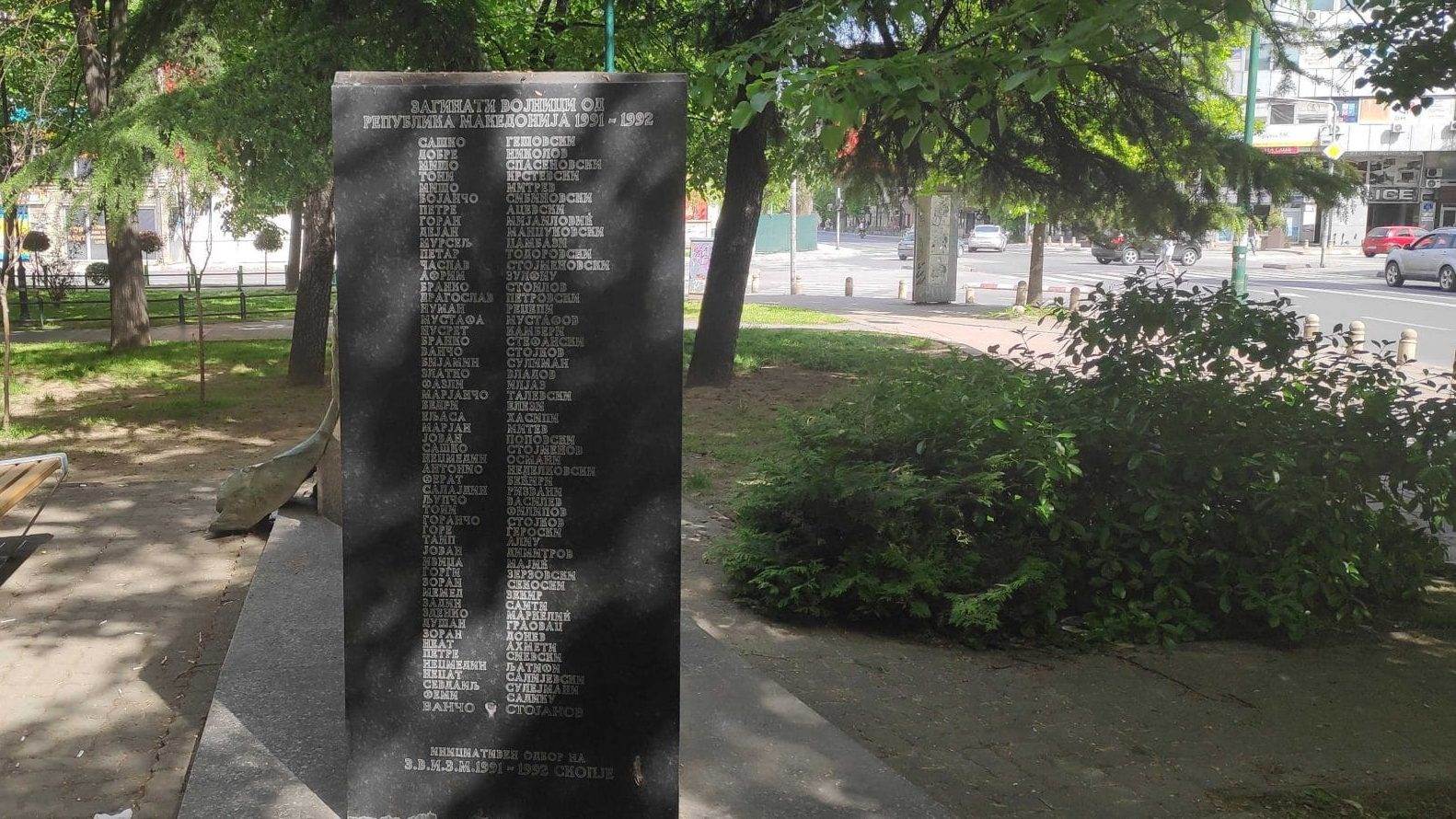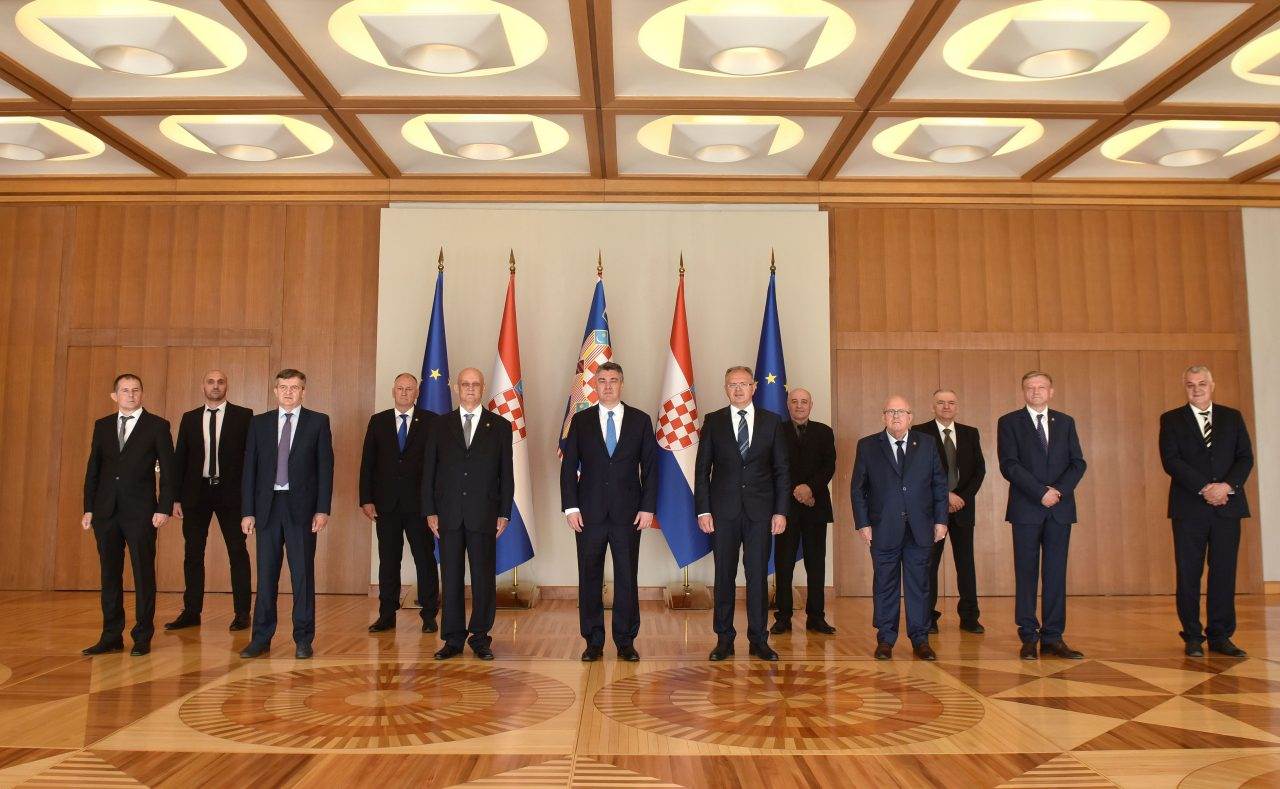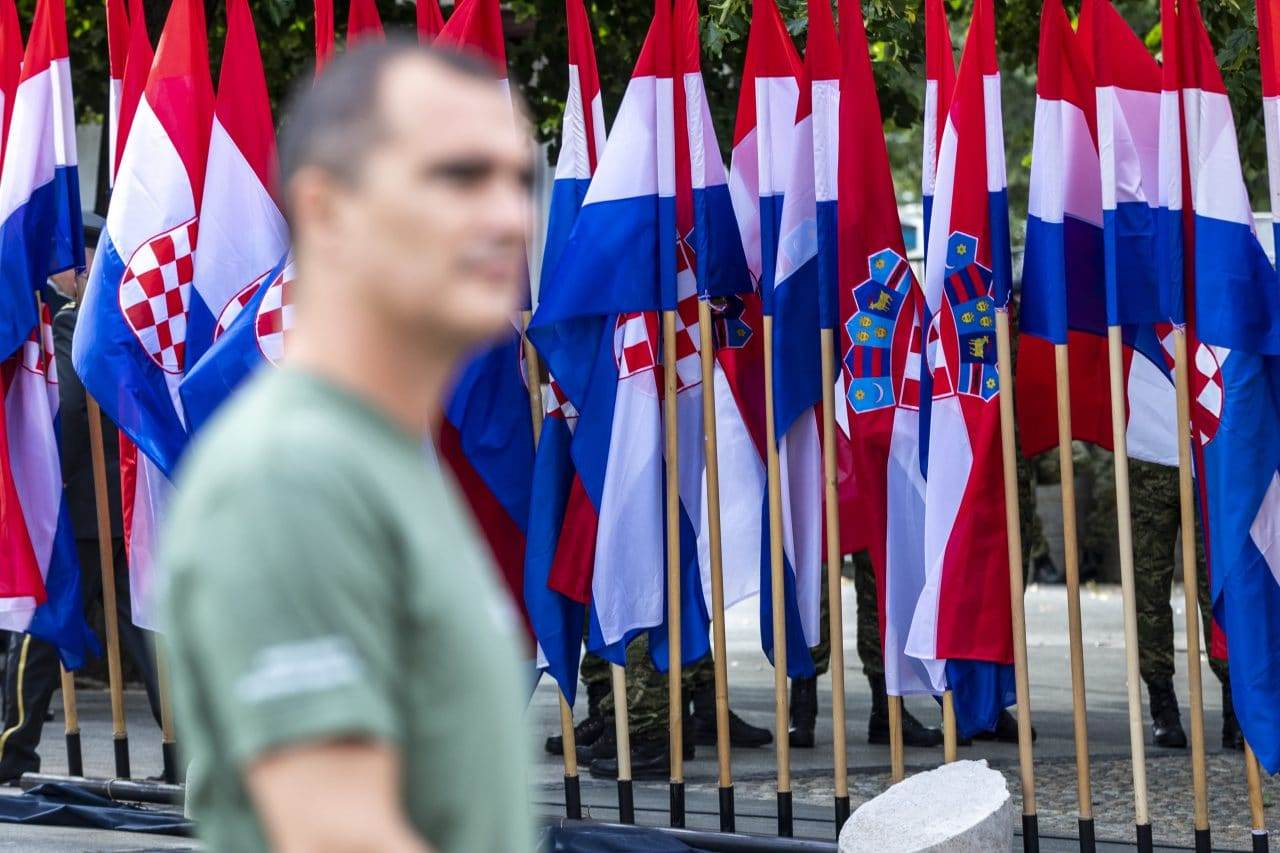Many women have told BIRN about violence, verbal abuse and negligence during childbirth in Central and Eastern Europe. But very few felt able to seek justice.
Croatian police arrested a former Bosnian Croat fighter and charged him with committing war crimes against two civilians in the north-eastern Bosnian town of Orasje in 1992.
With an overwhelming majority, Croatia's parliament adopted new legislation that will grant welfare benefits to civilian victims of the 1991-95 war.
Thirty years ago, on the first day of Slovenia’s war for independence from Yugoslavia, helicopter pilot Toni Mrlak was shot down before he was able to defect - and his...
Croatia indicted a 50-year-old former fighter for committing a war crime against civilians during an attack on the Croatian town of Vukovar in 1991 by the Yugoslav People’s Army and...
Croatian President Zoran Milanovic defended his decision to return war honours to former general Branimir Glavas, who is being retried for alleged crimes against Serb civilians in the city of...
Thirty years after a Macedonian soldier was killed during clashes at a protest against the Yugoslav military’s presence in the Croatian city of Split, the perpetrator remains unknown and arguments...
Croatian President Zoran Milanovic defended his decision to meet former officers of the Bosnian Croat wartime force, the Croatian Defence Council, including an ex-convict jailed for war crimes by the...
Croatia made little progress in war crimes prosecutions in 2020, but commemorations of wartime anniversaries started to shift towards a more favourable environment for building trust, said a report by...
